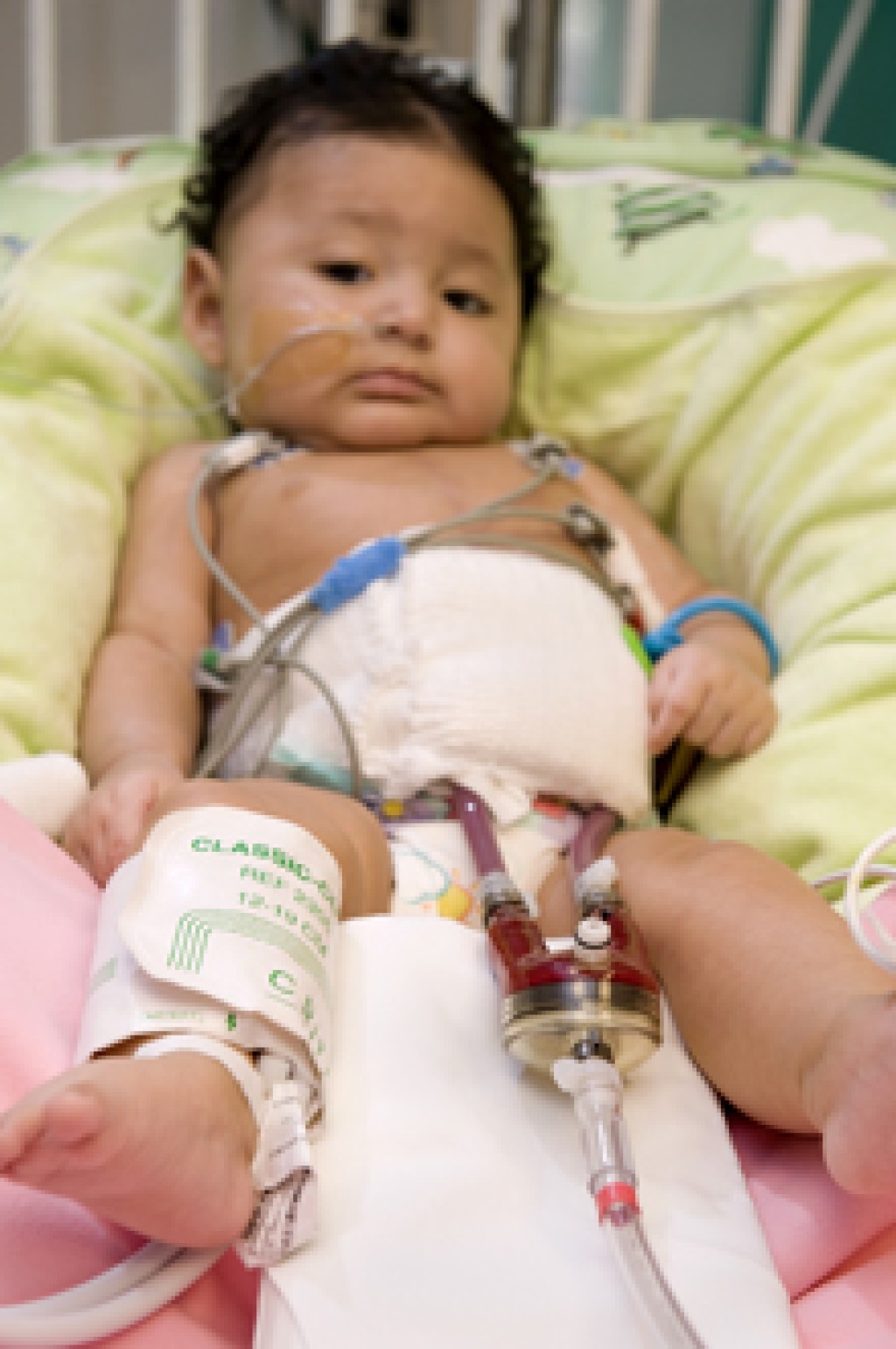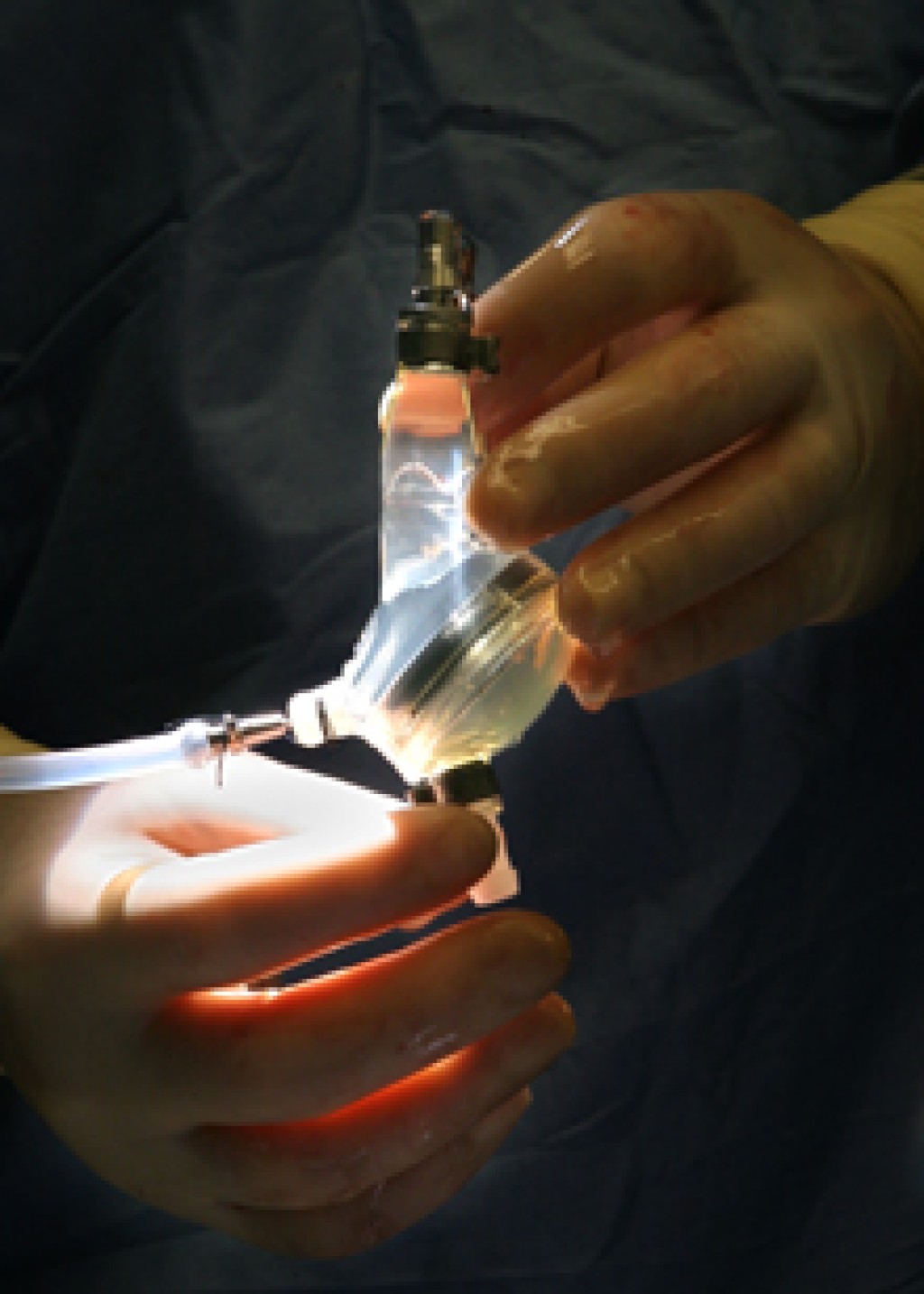Unprecedented Study Shows Berlin Heart Device Provides Lifesaving “Bridge” For Young Children And Babies


Today, I’m pleased to announce the results of a long-term Berlin Heart study I led involving 17 of the top pediatric cardiac transplantation centers in North America. We found that the Berlin Heart, a tiny heart pump designed to maintain blood flow in babies and small children with serious heart failure, has proved effective and lifesaving, as detailed in today’s New England Journal of Medicine. This is a huge step forward in the management of heart failure in children.

Here is how it works. The Berlin Heart is not totally implanted inside the body. Physicians insert cannulas, or flexible tubes, in the heart and they extend through the skin and connect to a small pump located outside the body. That pump, along with its computerized drive unit, maintains blood flow. The device improves their circulation and keeps them alive until they receive a heart transplant. In some rare instances, patients recover enough to come off the device and maintain blood flow on their own. My colleagues and I compared the outcomes for 48 children (infants - 16 years) who received the Berlin Heart (from 2007 - 2010) to patients supported by extracorporeal membrane oxygenation (ECMO). Here’s what we found: For smaller patients (average age 1 year),
For larger body size patients (average age 9),
at 192 days, 92% of Berlin Heart patients had been successfully transplanted. In the comparison group, 33% had died at 30 days.

These data undoubtedly proves that the Berlin Heart improves the chances of survival for children of all ages as compared to ECMO support. The Berlin Heart EXCOR Pediatric Ventricular Device has been used in approximately 1,000 pediatric cases worldwide. Without the assistance of the device, some children awaiting a transplant would become increasingly sick as their heart failed. Now, children on the device can leave the intensive care unit and go to a regular hospital room where they receive rehabilitation and better nutrition while they wait for a transplant. I am proud that Texas Children’s Heart Center has implanted more Berlin Heart devices in the course of the study than any other center and has one of the most comprehensive pediatric ventricular assist device programs in the world. Based on the results of this study, we have the ability to save more children with heart failure than ever before.
Author
Dr. Charles D. Fraser Jr., surgeon-in-chief